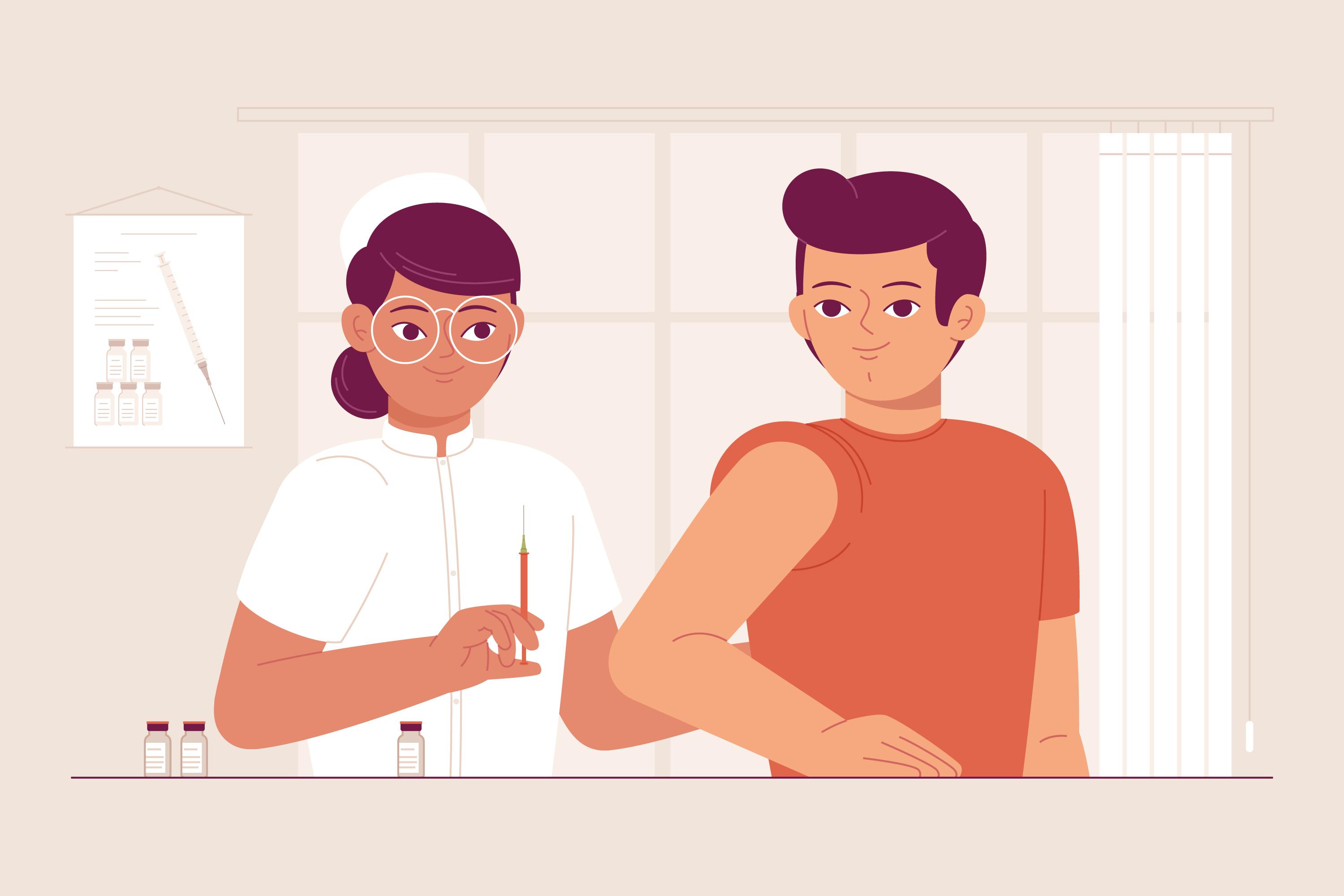
Understanding Psoriasis: Your Complete Guide to the Skin Condition
Psoriasis is more than just a skin rash—it’s a chronic condition that affects millions of people worldwide. If you or someone you know has psoriasis, understanding the basics of this condition is crucial for effective management.
Let’s dive into what psoriasis is all about.
What is Psoriasis?
Psoriasis is a chronic autoimmune condition that causes the rapid buildup of skin cells, resulting in thick, red patches covered with silvery scales. These patches, known as plaques, can appear anywhere on the body, but they are most commonly found on the elbows, knees, scalp, and lower back.
What Causes Psoriasis?
While the exact cause of psoriasis is unknown, it is believed to be a combination of genetic, immune system, and environmental factors. Certain triggers, such as stress, infections, and certain medications, can also exacerbate psoriasis symptoms in susceptible individuals.
Common Symptoms of Psoriasis
- Red patches of skin covered with silvery scales
- Itching, burning, or soreness in affected areas
- Thickened, pitted, or ridged nails
- Dry, cracked skin that may bleed
Types of Psoriasis
There are several types of psoriasis, including:
- Plaque Psoriasis: The most common form, characterized by raised, red patches covered with a whitish buildup of dead skin cells.
- Guttate Psoriasis: Small, red spots that often appear on the trunk, limbs, and scalp, usually triggered by a bacterial or viral infection.
- Inverse Psoriasis: Smooth, red patches of skin that occur in skin folds, such as the armpits, groin, and under the breasts.
- Pustular Psoriasis: White pustules surrounded by red skin, typically found on the hands and feet.
- Erythrodermic Psoriasis: Widespread redness, severe itching, and shedding of scales, often covering large areas of the body.
Treatment Options for Psoriasis
While there is no cure for psoriasis, various treatment options can help manage symptoms and improve quality of life. These may include topical treatments (such as corticosteroids and retinoids), phototherapy, oral medications, and biologic therapies.
Conclusion
Psoriasis can have a significant impact on physical and emotional well-being, but with proper understanding and management, it is possible to lead a fulfilling life. If you or someone you know is struggling with psoriasis, consult a healthcare professional for personalized treatment options and support.
To seek medical advice, always consult a Doctor. Here are our recommended experts.
To read more on Psoriasis. Click Here


